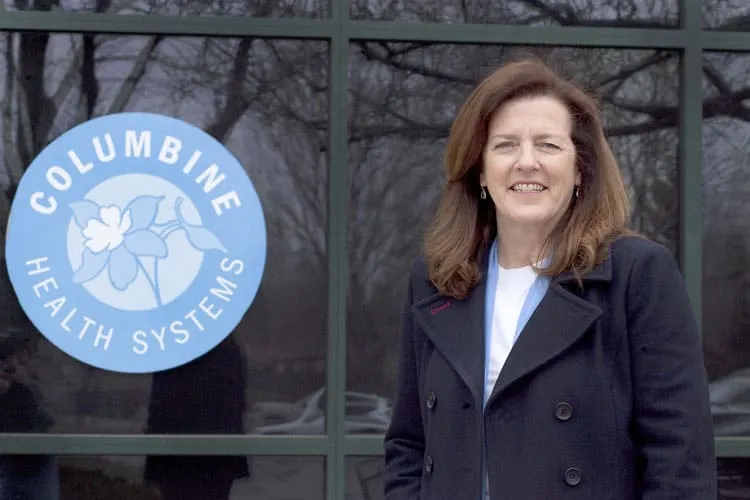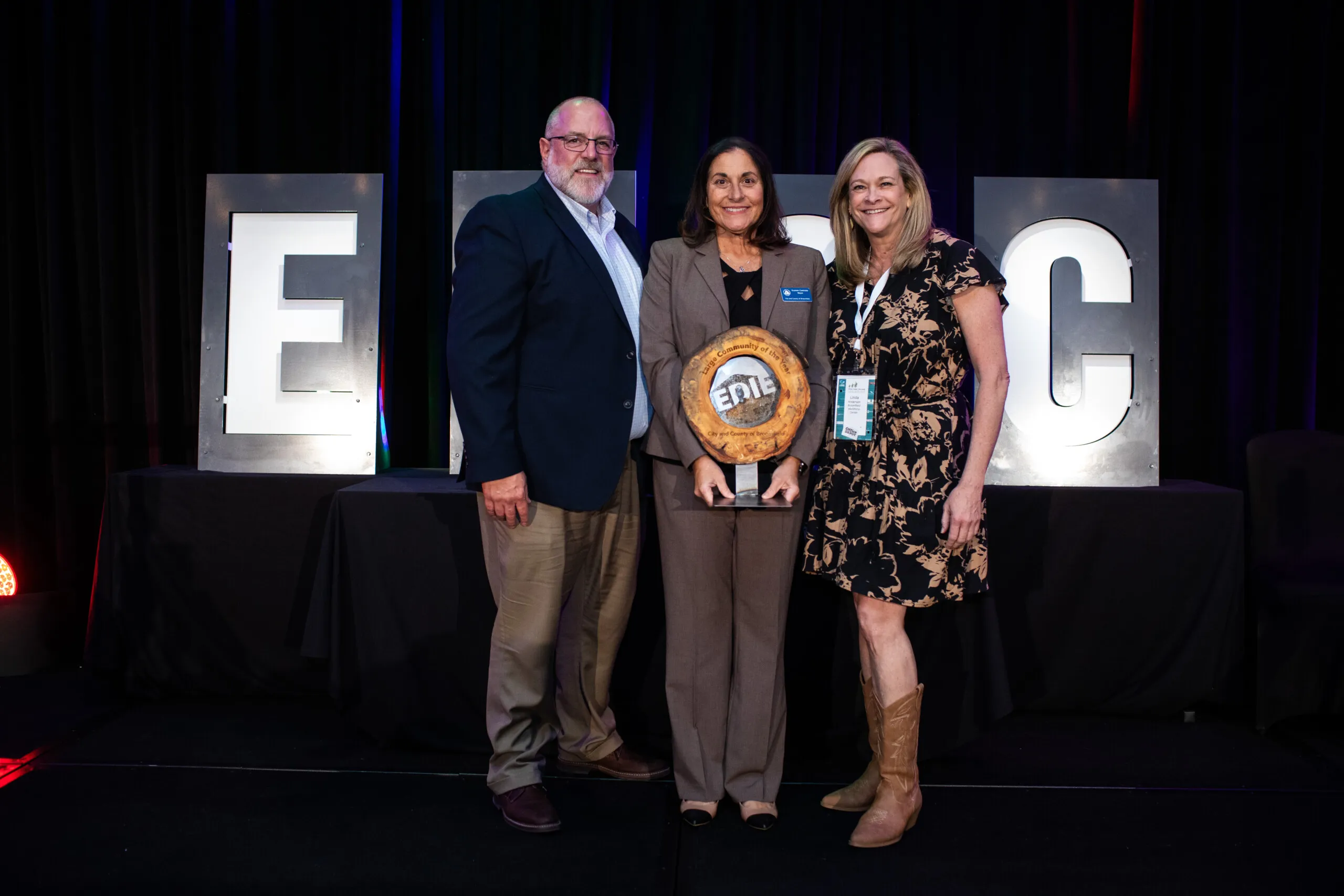Older workers face challenges

 Each Monday morning except on holidays and when weather doesn’t permit, a group of unemployed Northern Coloradans meets at Faith Church on South Shields in Fort Collins. It’s called NoCoNet or Northern Colorado Networking Group.
Each Monday morning except on holidays and when weather doesn’t permit, a group of unemployed Northern Coloradans meets at Faith Church on South Shields in Fort Collins. It’s called NoCoNet or Northern Colorado Networking Group.
A similar group, LongsPeak Networking Organization or LongsPeakNet, meets on Tuesday mornings at Lifebridge Church in Longmont. A third group, BoulderNet, meets on the first and third Thursdays at Mountain View United Methodist Church in Boulder.
The groups all operate similarly. Indeed, their origins came from Hewlett Packard engineers laid off when…
THIS ARTICLE IS FOR SUBSCRIBERS ONLY
Continue reading for less than $3 per week!
Get a month of award-winning local business news, trends and insights
Access award-winning content today!





